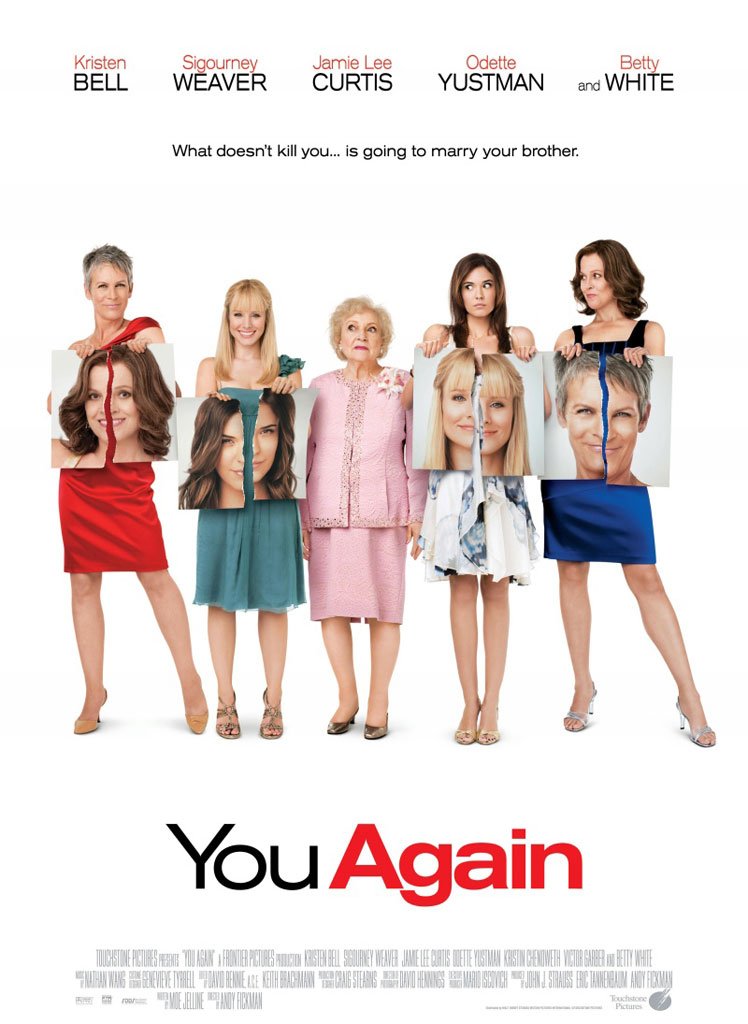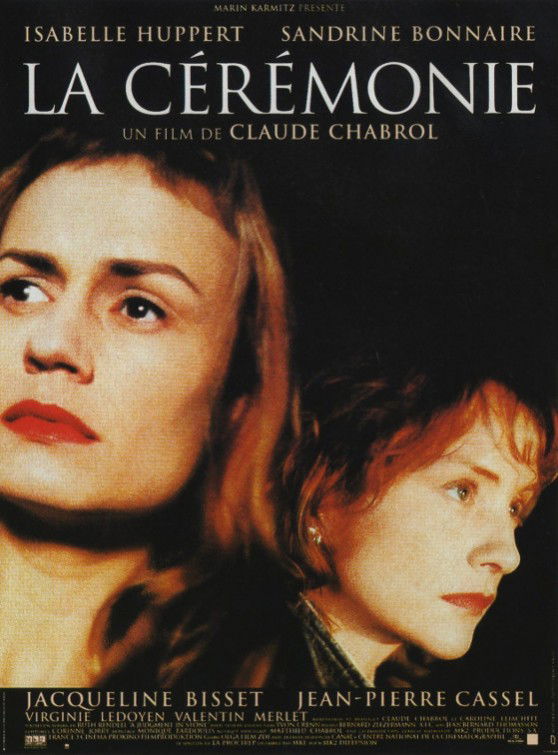"The Circumstances for Murder"

| None | Light | Moderate | Heavy | |
|---|---|---|---|---|
| Language | ||||
| Violence | ||||
| Sex | ||||
| Nudity |
What You Need To Know:
Those who don’t like slow, music-less films will be very bored with this movie. Details and events unfold almost in real time. There is little stylization in camera work or lighting. Ironically, the family seems worldly and cold to their fellow man, while initially, Jeanne is shown to be somewhat of a Christian. Any faith the two women share is nullified, by their rebellious attitudes and heinous crimes. The movie is further marred by depicting four cold-blooded murders. Hitchcock had the restraint to rarely show murder. Most Americans won’t like the pace, and moral Americans will be offended by the content
Content:
(ABAB, Ho, L, VV, A, D) Anti-Christian worldview where church going people commit murder; 6 obscenities & 2 vulgarities; 4 shooting murders & death through car accident; mild homosexual behaviors; alcohol use; smoking; and, rebellion themes
More Detail:
The director of LA CEREMONIE, Claude Chabrol, has been declared France’s Alfred Hitchcock. This is a slow paced but very deliberately executed story, which tells of the gradual unraveling of the life of a poor woman hired to clean the house of a wealthy family. With no musical cues, the suspense and tension between the rich and the poor builds to a violent climax.
The movie begins with a business deal. Catherine Lelievre (Jacqueline Bisset) hires a young, quiet woman, named Sophie (Sandrine Bonnaire), to clean house. Sophie insists on her good references and maintains a cold and calm professional composure, while suffering slave-like verbal abuse from her host family. The family doesn’t intend to be mean, but they don’t know any better. In fact, they speak about her as if she were absent, while she is present.
Her isolation and difficult struggles cause Sophie to befriend the local post-mistress, Jeanne (Isabelle Huppert). Slowly, it becomes apparent that both women are not only rebellious, but also violent. Though they never come right out and admit it, each suggests to the other of involvement in separate murders.
Meanwhile, it becomes evident that Sophie is illiterate. Her illiteracy aggravates her difficulties with her employers, and she cannot perform any tasks which require reading. Nevertheless, she tries to keep her illiteracy a secret , until the eldest daughter, Melinda, discovers it and reports it to her parents. Then, Catherine fires Sophie for dishonesty and blackmail, which Sophie feels are unjust reasons, and so she joins Jeanne to exact vengeance.
Those who don’t like slow, music-less films will be very bored with this movie. Details and events unfold almost in real time. There is little stylization in camera work or lighting. The intrigue comes with subtle foreshadowing of the inevitable violence. When Catherine comes to pick up Sophie at the train station, Sophie is waiting on the other side of the tracks, a suggestion of an opposite temper. Sophie receives no calls from friends, or letters, which indicates her pathological isolation. When she and Jeanne become friends, Jeanne does almost all of the talking. Furthermore, though no sex or blatant kissing is shown between the two, they do hang on each other like lovers, suggesting that the two are both desperate for affection, even homosexual affection.
Ironically, the Lelievre family seems worldly and cold to their fellow man, while initially, Jeanne is shown to be somewhat pious. Until the very end, when she is kicked out of a church by a priest for loud behavior, Jeanne and Sophie help sort clothes for the poor at the local Catholic Church. However, their rebellious attitudes and heinous crimes denigrates their faith and Christianity.
This movie is similar to THELMA AND LOUISE, where two women are justified in their own minds for the wrongs they commit. The movie also has echoes of HAND THAT ROCKS THE CRADLE and SINGLE WHITE FEMALE demonstrating a domestic relationship going crazed and sour. Though Chabrol is called France’s Hitchcock for his use of suspense, Hitchcock rarely depicted a murder on screen. This movie depicts four cold-blooded shootings, reducing it to a vengeance movie. It is further marred by several obscenities. LA CEREMONIE takes its title from a ritual that precedes execution by guillotine. As a study about the inevitability of murder, it suggests that isolation and abuse yield frustration and possible madness. Though possibly true, the murders here are unjustified and shocking. Most Americans won’t like the pace, and moral Americans will be offended.



 - Content:
- Content: 


 - Content:
- Content: 
